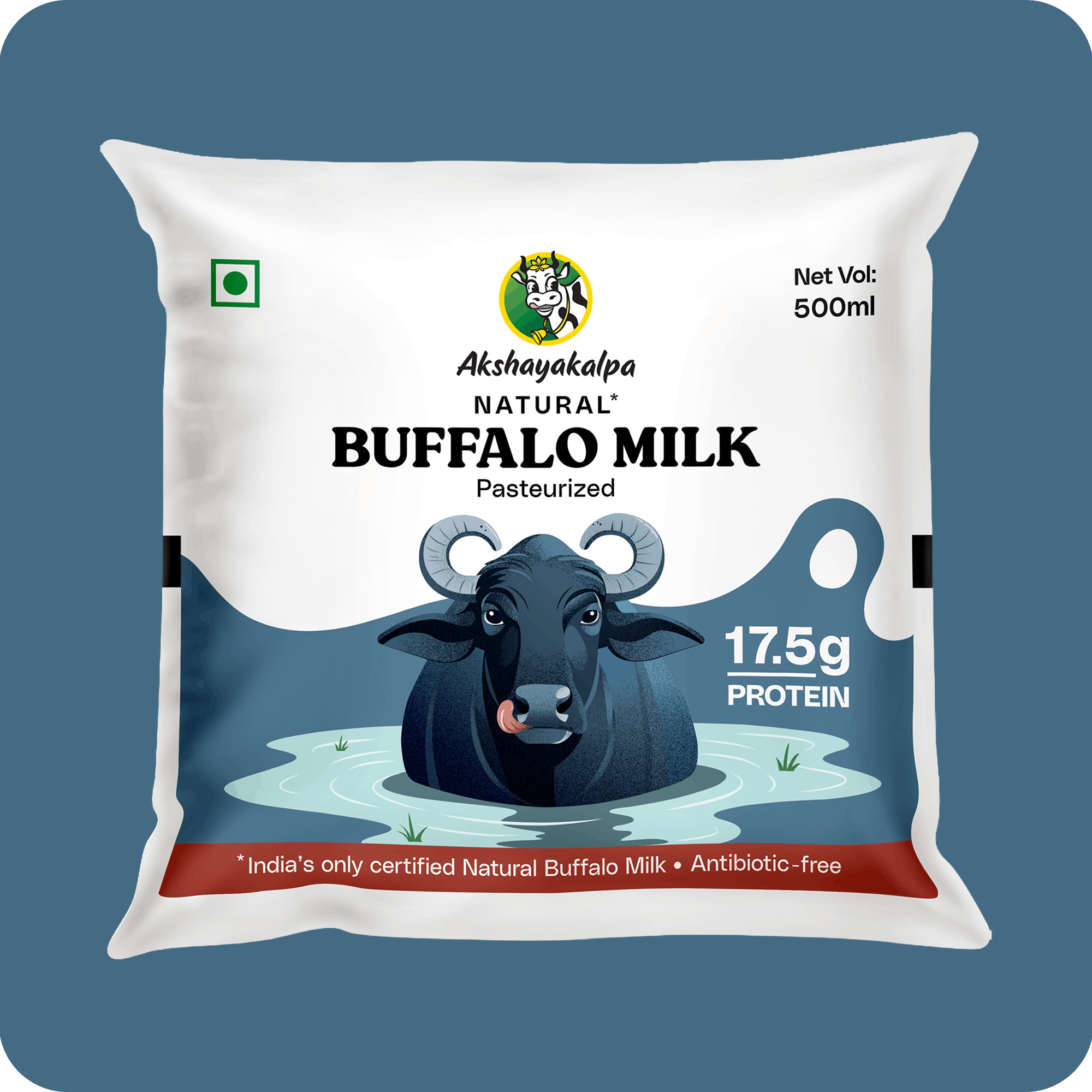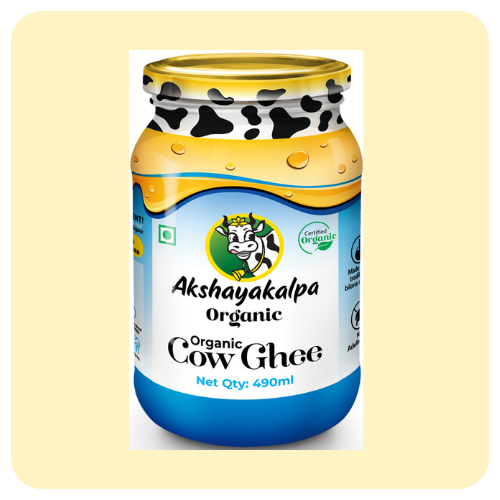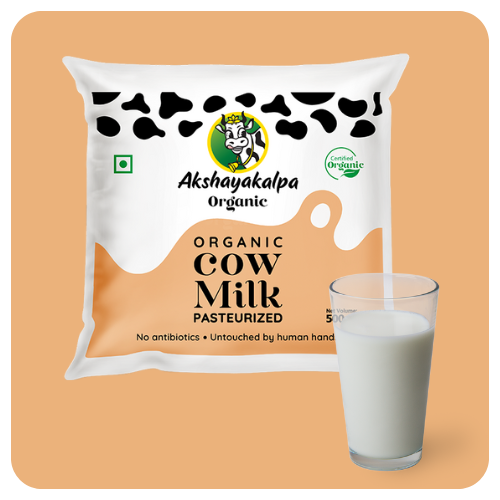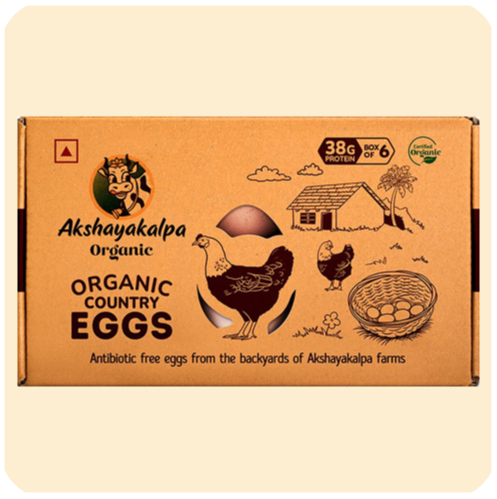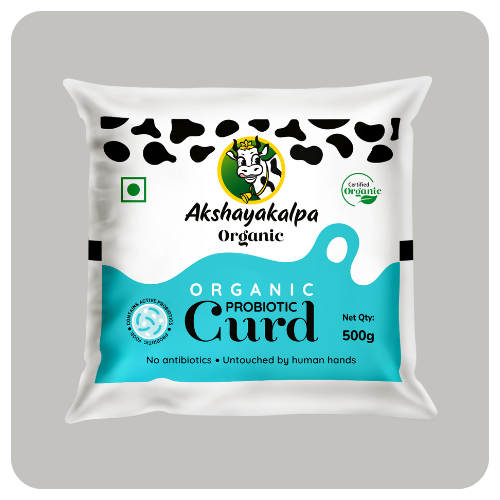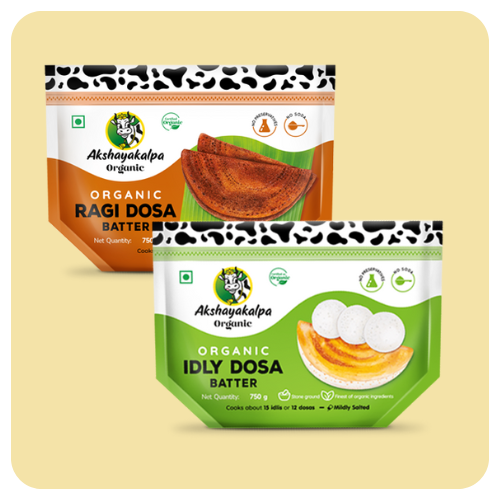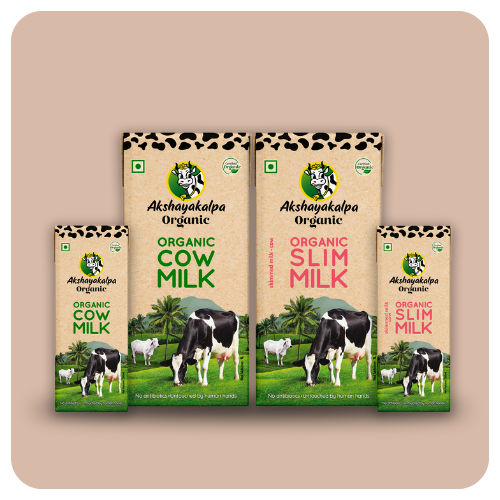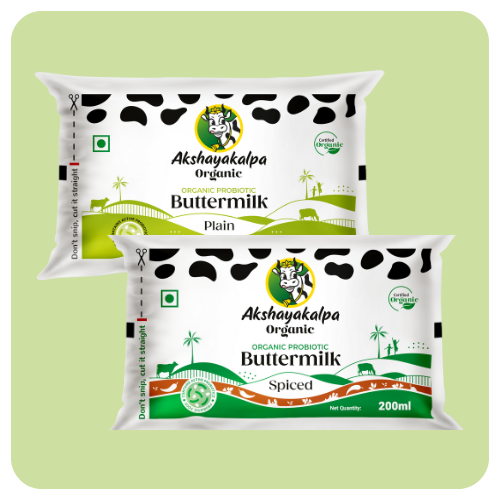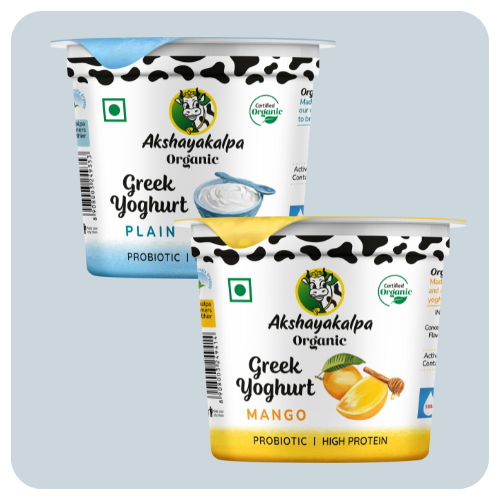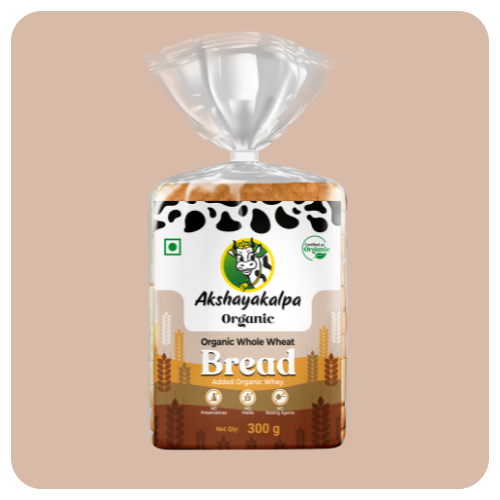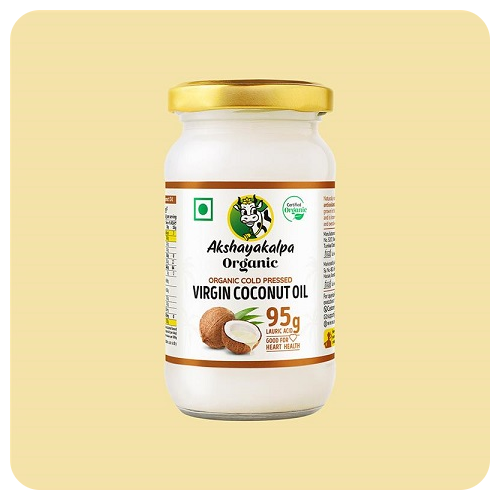Are we overfed and undernourished?

Some of us ‘Eat to live’ while others ‘Live to eat’. Whichever side you may be on, one thing you can’t be on the fence about is nutrition!
With over 80% Indians suffering from nutritional deficiencies and one in four Indians battling obesity, it makes one wonder – are we overfed and undernourished?
As a generation used to instant gratification, our food has become instant too and nutrition has taken a back seat. But because nutrition is responsible for nearly everything in the body, it is important to bring it to the forefront in our diet. One must understand what the food we eat is made up of and make a conscious choice to fill all nutritional gaps.
The 6 basics of nutrition that the body needs to function at its best are high-lighted below. Each has its own role to play and a balance of each these helps keep one in the ‘pink of health’
- WATER: About 60% of the human body is made of water. Staying well hydrated helps carry out different biological processes, keeps the body cool, joints lubricated, prevents infections and transports nutrients in and out of cells. Being well-hydrated also helps with better sleep, cognition and moods.
While it is recommended to have 2.5 to 3 litres of water every day, one can also include other sources of hydration to their diet to keep things interesting. Akshayakalpa Organic tender coconut water, probiotic buttermilk and organic milk are all great sources of not just hydration but naturally-occurring nutrients too. - CARBOHYDRATES: a.k.a CARBS: Is the fuel that keeps our body going. Starch and sugar are broken down into simple sugars that power our body’s cells. The Indian Council of Medical Research recommends 50-60% of our daily calorie intake must come from carbohydrates. (1). However, studies show that Indians eat more carbs and less protein than they should – one of the leading causes for obesity.
Choosing the right kind of carbohydrates is the trick to keeping your food healthy. Complex carbs like the ones found in whole grains and yogurt are great sources of energy for the body, without the sudden sugar spikes of simple carbohydrates. Akshayakalpa Organic whole wheat breads and Ragi dosa batter are a great way to add organic complex carbohydrates to your diet. - PROTEIN: The building blocks of our tissues and muscles, protein is imperative for growth, repair and maintenance of the body. Because protein cannot be stored in the body, it needs to be consumed as a part of one’s daily diet.
Organic dairy is packed with an assortment of amino acids to meet the body’s daily requirement. Eggs contain the highest quality food protein known. Milk, curd, yogurt, paneer, cheese, buttermilk and country eggs by Akshayakalpa Organic are a great way to add the goodness of naturally-occurring, high-quality protein to your daily diet. - FATS: Good dietary fats give us energy, protect our organs, support cell growth and regulate cholesterol levels. They are also the source of fatty acids that the body cannot manufacture itself. For example, Omega -3 fatty acids not only keep heart health in check and boost immunity, but also improve mood and keep anxiety at bay.
Organic milk contains more than 400 types of essential fatty acids. According to a recent study (2), organic milk contains 62% higher amounts of Omega-3 fatty acids than their non-organic counterparts, making it an ideal and easy way to add good fats to your daily diet. - VITAMINS: Named so because they are ‘Vital Amines’ for the body, vitamins are needed in smaller quantities than other nutrients but still play a key role in its day-to-day functioning. Every food we eat contains one or the other vitamin with a specific purpose varying from boosting immunity, metabolism, growth etc.
Organic milk is one of the best sources of vitamin D. 1 glass of farm-fresh organic milk contains 44% of the average daily recommended value of vitamin D for adults. - MINERALS: 2 types of minerals – major or trace – are required in different quantities by the body for maintaining the skeletal system, synthesizing hormones and enzymes and regulating the functioning of the heart, brain and other systems.
Organic whole milk is an excellent source of calcium, phosphorus, iodine and potassium. One serving of fresh organic cow milk helps one meet 24% of their daily recommended value of calcium to keep teeth and bones healthy. Country eggs and organic bananas are rich sources of potassium.
Understanding nutrition and making appropriate changes and choices might take some time, but it is worth it. People with healthier eating patterns live longer and are at a reduced risk for serious or chronic ailments like Type-2 diabetes, heart disease and obesity. (3)
Let’s make the shift to eating the right, nutritious food today because the first wealth you’ve got is health!
Resources:
- https://timesofindia.indiatimes.com/city/chennai/icmr-to-have-a-relook-at-dietary-guidelines/articleshow/60353546.cms
- https://www.ncbi.nlm.nih.gov/pmc/articles/PMC3857247/
- https://www.cdc.gov/nutrition/about-nutrition/why-it-matters.html#:~:text=People%20with%20healthy%20eating%20patterns,these%20conditions%20and%20prevent%20complications.
